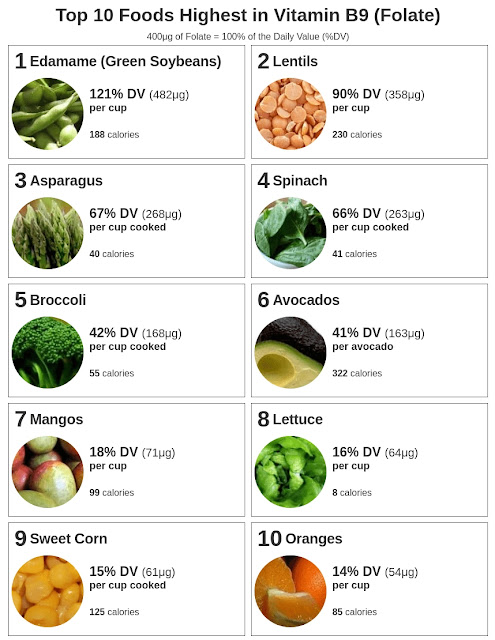B12 And The Brain: How A Deficiency Affects Emotional Well-Being
Feeling depressed can be a sign of vitamin B12 deficiency, a study suggests.
Typical symptoms of depression, along with low mood, include difficulty concentrating and low energy and motivation.
Researchers have found that supplementation with vitamin B12 can help reduce depression symptoms.
Vitamin B12 is an essential nutrient that plays a critical role in the functioning of the brain and the nervous system.
Both vitamin B12 and folate are vital to the production of critical neurotransmitters, such as serotonin and noradrenaline.
Depression is often linked to low levels of serotonin in the brain.
One study has found that those with low levels of vitamin B12 are at triple the risk of developing melancholic depression.
Melancholic depression mostly involves depressed mood.
Depression linked to B12 deficiency
The current study included 115 people experiencing depression
They were split into three group depending on how well they responded to depression treatment.
The results of blood tests revealed that those who responded the best to treatment had the highest levels of vitamin B12.
After treatment, those who were experiencing the highest levels of depression had the lowest levels of vitamin B12 in their system.
The study’s authors write:
“As far as we know, there have been no previous studies that have suggested a positive relationship between vitamin B12 and the treatment outcome in patients with major depressive disorder who have normal or high vitamin B12 levels.”
The link between depression and vitamin B12 deficiency may be explained by the fact that B12 deficiency can cause damage to the nervous system, which can affect the function of neurotransmitters and lead to symptoms of depression.
Additionally, B12 deficiency can also lead to anaemia, which is a condition characterized by a low red blood cell count.
Anaemia can cause fatigue, weakness, and irritability, all of which can contribute to feelings of depression.
Common signs of B12 deficiency
Other, more common signs of vitamin B12 deficiency include feeling tired, experiencing muscle weakness and being constipated.
Vitamin B12 deficiency is easy to rectify with supplements or by dietary changes
The body uses vitamin B12 to make red blood cells and to keep the nervous system healthy.
Good sources of vitamin B12 include fish, poultry, eggs and low-fat milk.
Fortified breakfast cereals also contain vitamin B12.
People who may have difficult getting enough vitamin B12 include vegetarians, older people and those with some digestive disorders, such as Crohn’s disease.
Vitamin B12 deficiency can also be caused by certain medical conditions or by certain medications, such as proton pump inhibitors or metformin.
The study was published in the journal BMC Psychiatry (Hintikka et al., 2003).
January 27, 2023 Dr Jeremy Dean
source: PsyBlog



Comments
Post a Comment